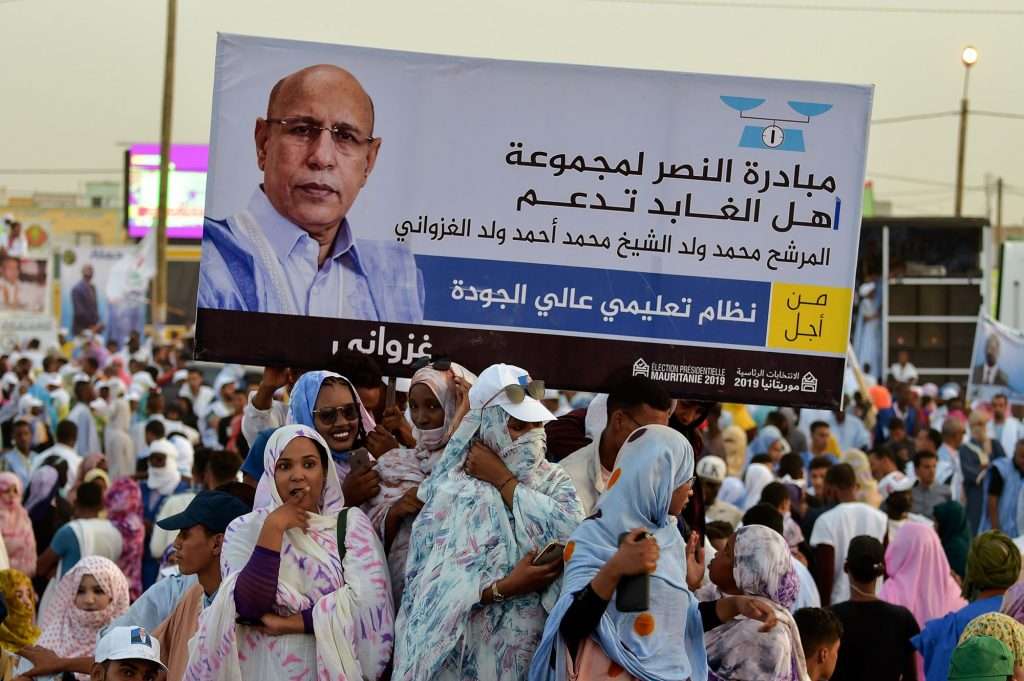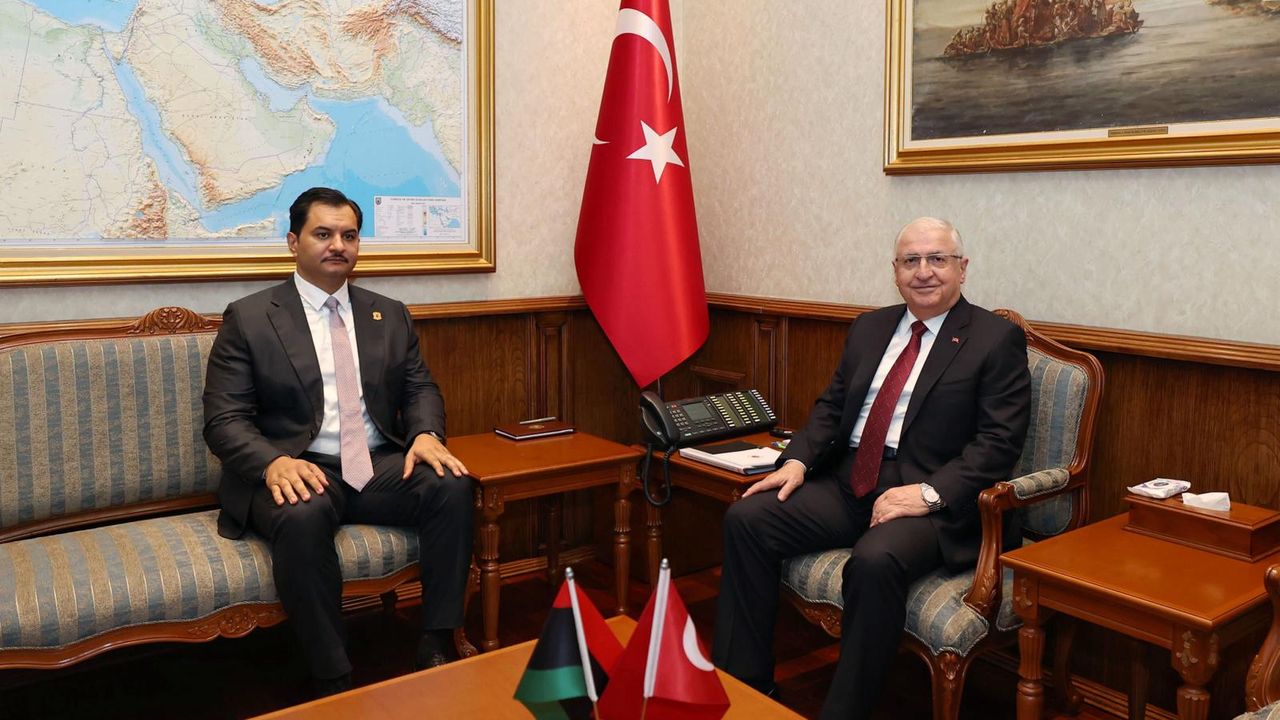Mauritania: Ghazouani tipped to win 2nd presidential term

Despite criticism from opposition parties, Mauritania’s current president is expected to win a second term in the country’s ongoing elections having maintained stability, increasingly rare in the wider region.
Mauritanians took to the polls on June 29th, with President Mohamed Ould Cheikh Ghazouani the favourite of seven running candidates, according to AFP.
Ghazouani is a former army chief and defence minister, branded as the “safe choice” in Mauritania’s second democratic transfer of power.
Around 1.94 million registered voters are taking to the polls across the country, which has largely withstood the region’s jihadist tide and is set to become a major natural gas producer.
While the wider Sahel has been host to a string of military coups and escalating Jihadist violence in recent years, Mauritania has not seen an attack since 2011.
Experts pin Mauritania’s exceptionalism on an array of strategies including conventional military counterterrorism; the recruitment of moderate imams; and the development of remote desert settlements which could otherwise become hotbeds for jihadist groups.
READ: Mauritania conducts military drills amid rising Mali tensions
The greatest criticism of the current president comes from supporters of Hamadi Ould Sid’ El Mokhtar, the candidate for the leading ‘Tawassoul’ Islamist opposition party.
“This country is out of breath. The education and health systems, corruption, the confiscation of power by a small group of men,” activist Ahmed Zeine told AFP.
“Everything is at a standstill. We need a radical change for the rebirth of this country”, he added.
As reported by Reuters, the Muslim Brotherhood-adjacent El Mokhtar has put religion at the spearhead of his campaign, promising to unite the multi-ethnic country around Islam.
The opposition has denounced a “unilateral election” and accused the Independent National Electoral Commission (CENI) of “doing nothing to ensure it runs smoothly”.
After strongly contesting the legislative elections in 2023, the opposition called for the biometric verification of voters’ names in the upcoming June 29th ballot. CENI, however, deemed the request “very costly financially” and “impossible” to meet within the deadline.
READ: Mauritania election crisis: Opposition alleges rigging
The African Union has sent a team of 27 short-term observers, with three election experts sent by the EU.
AFP / Reuters
Want to chase the pulse of North Africa?
Subscribe to receive our FREE weekly PDF magazine













